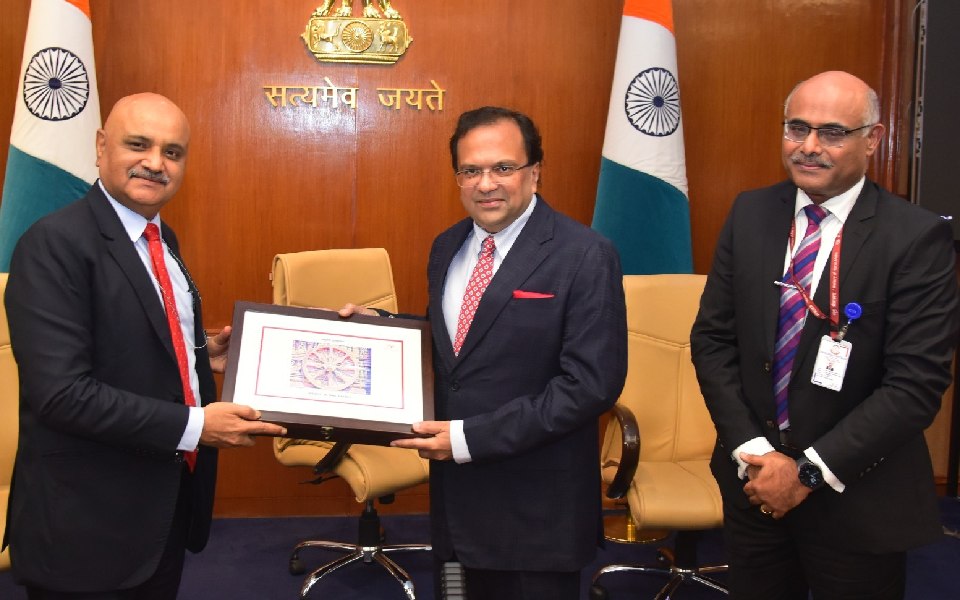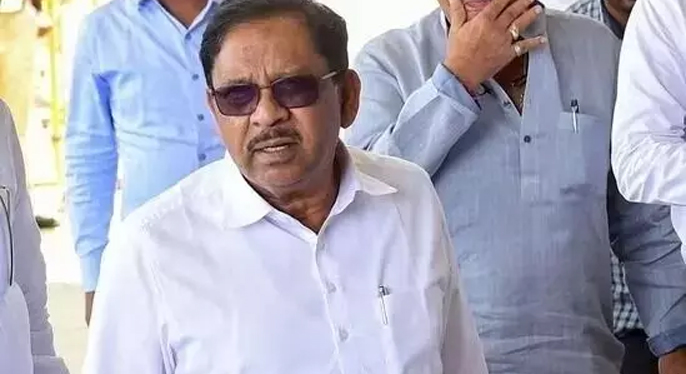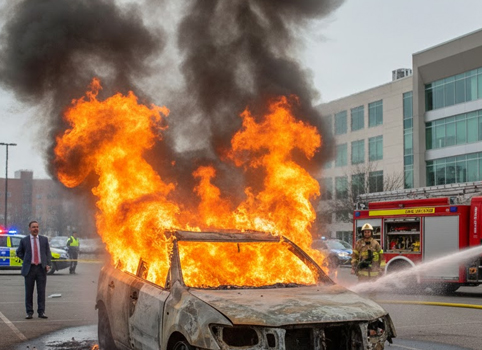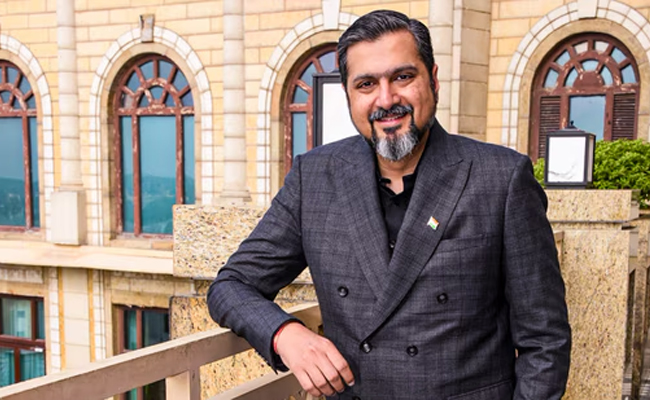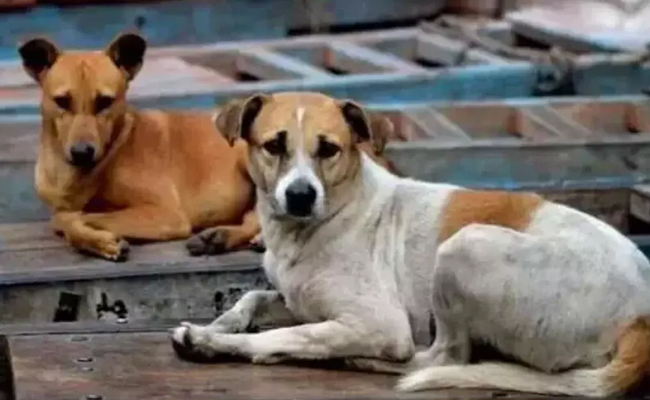New Delhi: The 10th INTERPOL Liaison Officers (ILO) Conference, organized by the Central Bureau of Investigation (CBI), was inaugurated at the CBI Headquarters in New Delhi by the Union Home Secretary, Govind Mohan. This conference, held on the eve of the UN International Day of Police Cooperation, brought together senior officers from various Central, State, and Union Territory law enforcement agencies, along with international police liaison officers from multiple countries.
This year's theme, “Strengthening International Law Enforcement Partnerships”, reflects the growing need for global cooperation to address emerging crime challenges. The event saw virtual participation from law enforcement personnel across India, along with representatives from INTERPOL, EUROPOL, and the GloBE Network.
In his inaugural address, Home Secretary Govind Mohan emphasized the urgent need for international police collaboration in the face of rapidly advancing technology that enables cross-border crimes. Highlighting the increasing complexity of transnational and organized crimes, Mohan said, "The international dispersal of crime and criminals has enhanced the need for investigation abroad. Prevention, detection, investigation, and prosecution of crime are now heavily reliant on digital and foreign-located evidence."
He underlined the threats posed by cyber-enabled financial crimes, online radicalization, and transnational organized crime networks, pointing out that these new-age crimes are not confined by borders. Mohan stressed the importance of real-time cooperation and coordination among global law enforcement agencies to combat terrorism, drug trafficking, arms smuggling, cybercrimes, human trafficking, child exploitation, environmental crimes, and financial offenses.
"Safe havens for criminals, proceeds of crime, and terrorism anywhere in the world pose a serious threat to all nations. An increasingly interconnected world demands internationally connected policing," Mohan stated. He called for the elimination of safe havens for criminals exploiting differences in international jurisdictions and insisted on bringing fugitives to justice through strong international coordination.
Mohan also referred to India's longstanding membership in INTERPOL, having joined in 1949, and acknowledged the country’s active role in the organization. He highlighted that India has hosted multiple major events, including two INTERPOL General Assembly sessions, in 1997 and 2022.
The Home Secretary elaborated on India's recent initiatives for enhancing global law enforcement cooperation. In March 2024, the Ministry of Home Affairs (MHA) approved a working arrangement with EUROPOL, aimed at strengthening law enforcement partnerships between India and the European Union. Additionally, India joined INTERPOL's Global Academy Network in August 2023, enhancing police capacity-building efforts. India also became part of the International Child Sexual Exploitation (ICSE) database, providing critical tools in the global fight against child exploitation.
Mohan also spoke about the Global Operation Centre established by the CBI in 2022, which processes 200-300 international assistance requests daily, both incoming and outgoing. He lauded the introduction of an online portal by the MHA in December 2022, developed in collaboration with the CBI and ILOs, to streamline the process for handling Mutual Legal Assistance (MLA) requests. This portal has been instrumental in bringing stakeholders together on a unified platform with a user-friendly interface, significantly improving coordination.
CBI Director Praveen Sood addressed the participants, stating that the global landscape of crime is increasingly dominated by poly-crimes like terrorism, online radicalization, cyber financial crimes, child sexual exploitation, corruption, and drug trafficking. He emphasized that Indian law enforcement is tackling these challenges through a combination of a robust legal framework, technological innovation, and proactive international cooperation.
Sood highlighted India’s critical role in INTERPOL's success, noting that the CBI serves as the National Central Bureau (NCB) for INTERPOL in India. The CBI facilitates communication between all Indian law enforcement agencies, including those at the state and central levels, through designated INTERPOL Liaison Officers.
"In 2023, the Global Operation Centre of the CBI handled 17,368 international assistance requests, and INTERPOL issued 100 Red Notices for criminals and fugitives wanted by Indian law enforcement—the highest ever in a single year. So far in 2024, 19 wanted criminals have been successfully brought back to India," Sood shared. He underscored the importance of international cooperation in combating crimes that are increasingly transnational and technology-enabled, insisting that "criminals are no longer constrained by borders, and neither should our efforts to combat them."
The conference also featured various sessions dedicated to “Extradition, Provisional Arrest, and Local Prosecution”, conducted by Ministry of External Affairs (MEA) officials. These sessions explored ways to operationalize INTERPOL channels and tackle complex transnational crimes through the GloBE Network.
An Expert Roundtable on the theme of "Strengthening International Law Enforcement Partnerships" saw participation from key speakers representing Germany’s BKA, the FBI, the National Police Agency of Japan, the National Crime Agency of the UK, Chile’s PDI, and the Nepal Police. The roundtable emphasized the need for close collaboration to counter globalized crime effectively. Speakers highlighted that the globalization of crime presents significant challenges that can only be addressed through robust and real-time international cooperation.
India's role in INTERPOL was further underscored by CBI Director Sood, who noted that the CBI plays a pivotal role in connecting law enforcement agencies across the country to INTERPOL through designated liaison officers. Since its inception, the ILO's Conference, organized by the CBI since 2003, has been instrumental in enhancing the use of formal and informal means of international police cooperation to combat crime and the proceeds of crime.
In closing, the conference emphasized the critical role that law enforcement partnerships play in addressing the global nature of modern crimes. Both national and international law enforcement agencies were urged to continue building strong partnerships, leveraging technology, and sharing critical intelligence to combat the evolving threats posed by organized and transnational crime.
The conference, with its strong emphasis on cooperation, concluded with a commitment to strengthening international law enforcement partnerships, recognizing the globalized nature of modern crime and the importance of unified global efforts to counter these challenges effectively.
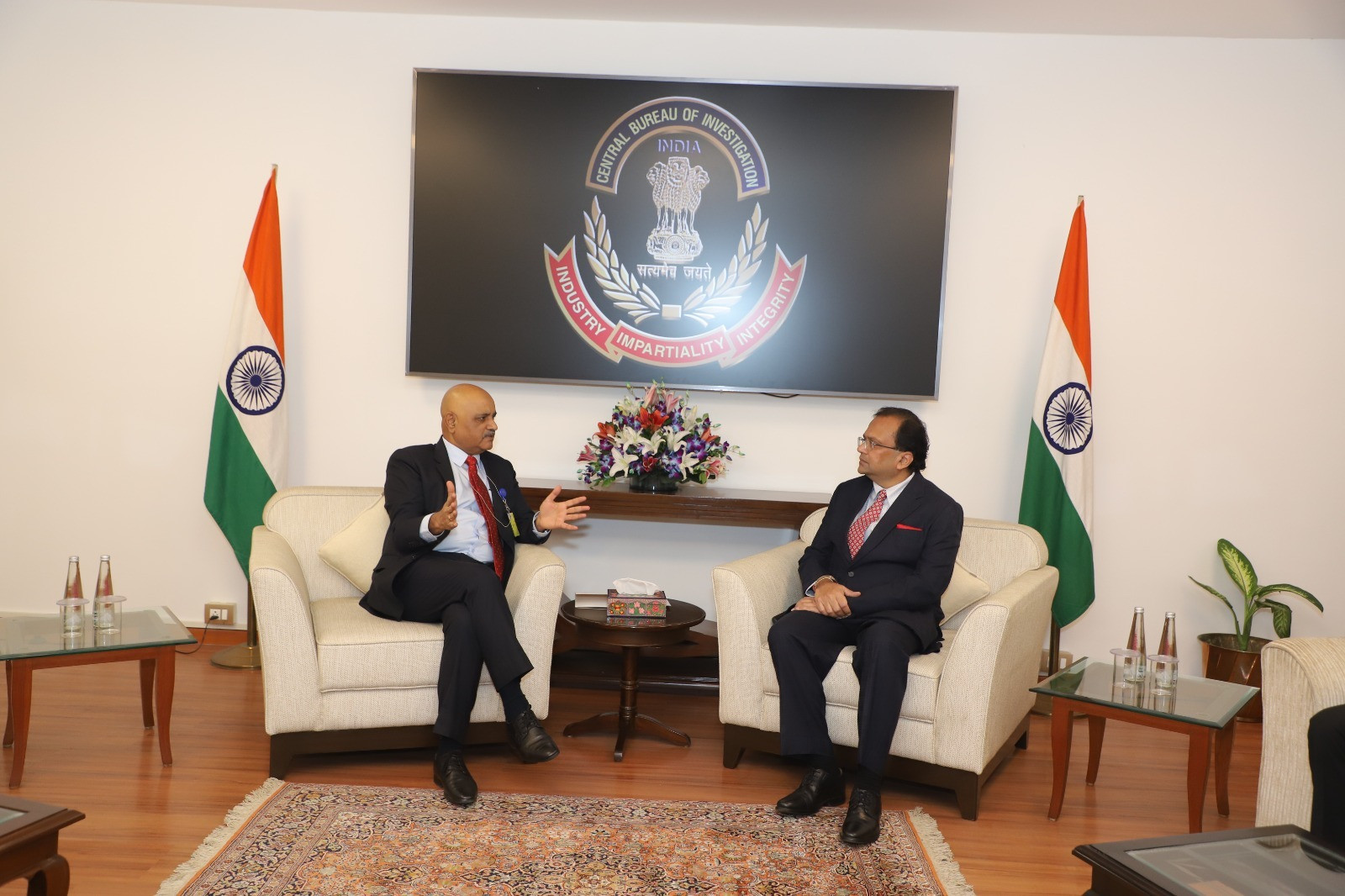
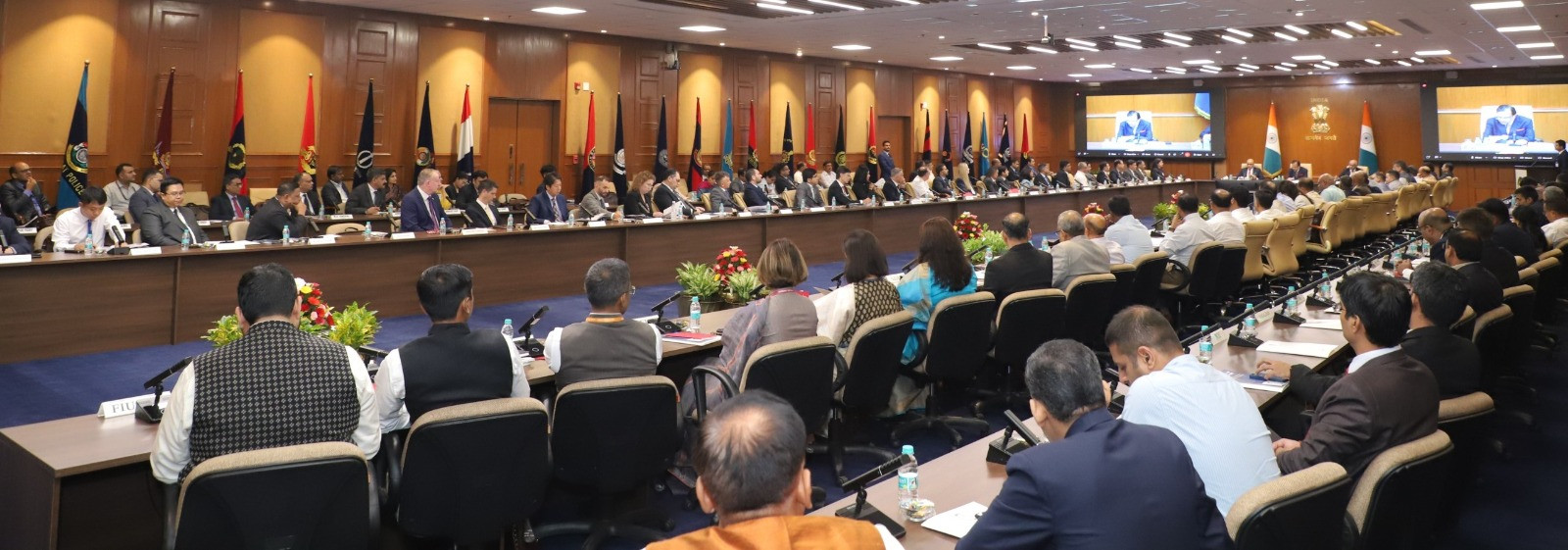
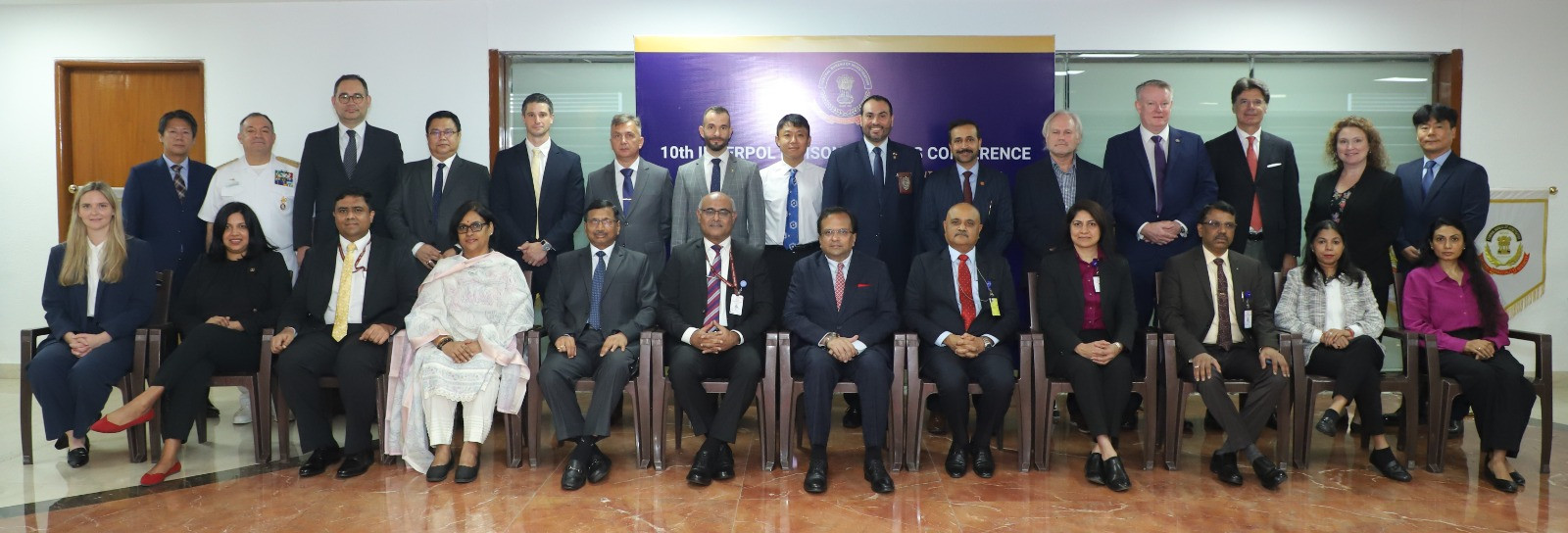
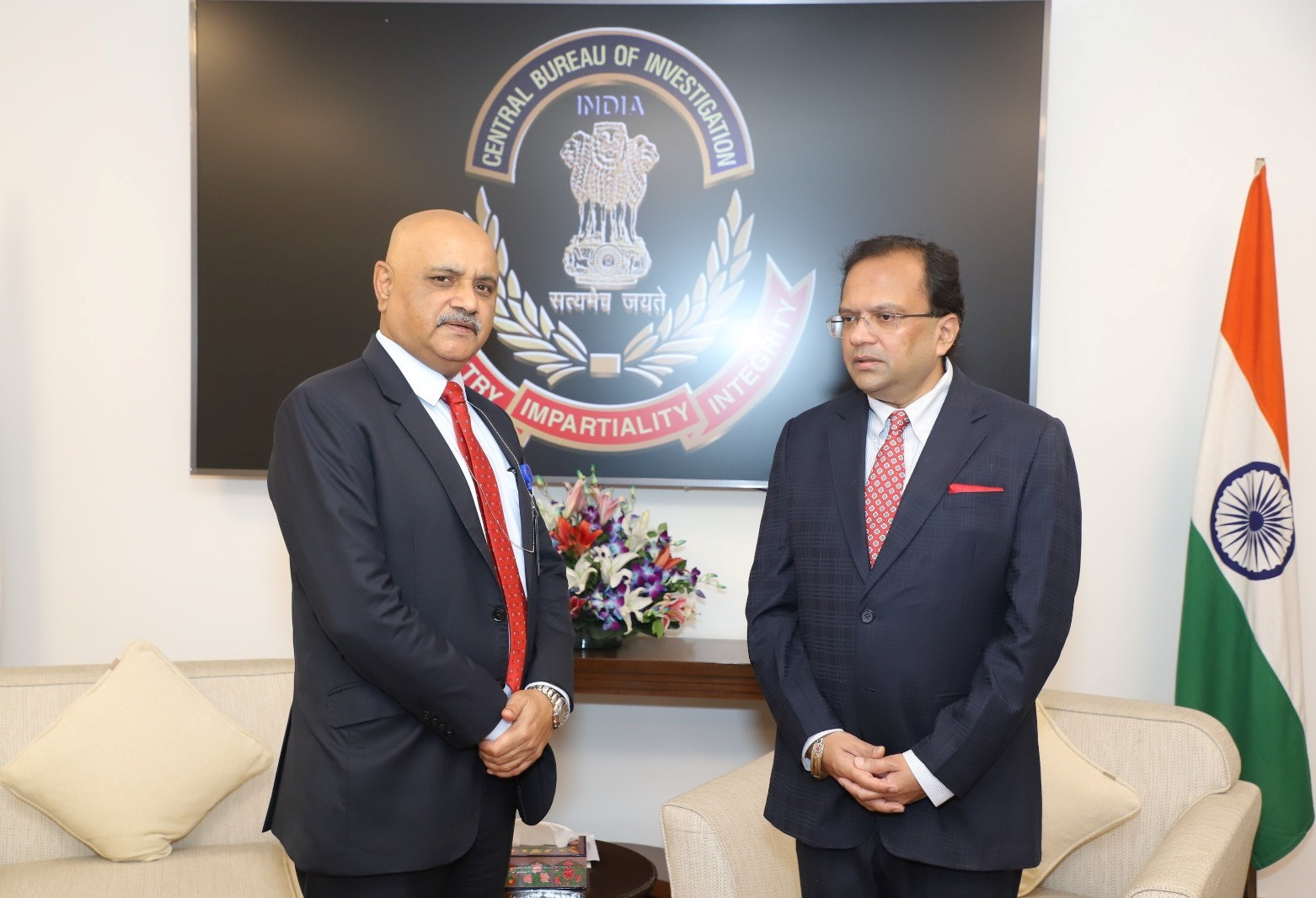
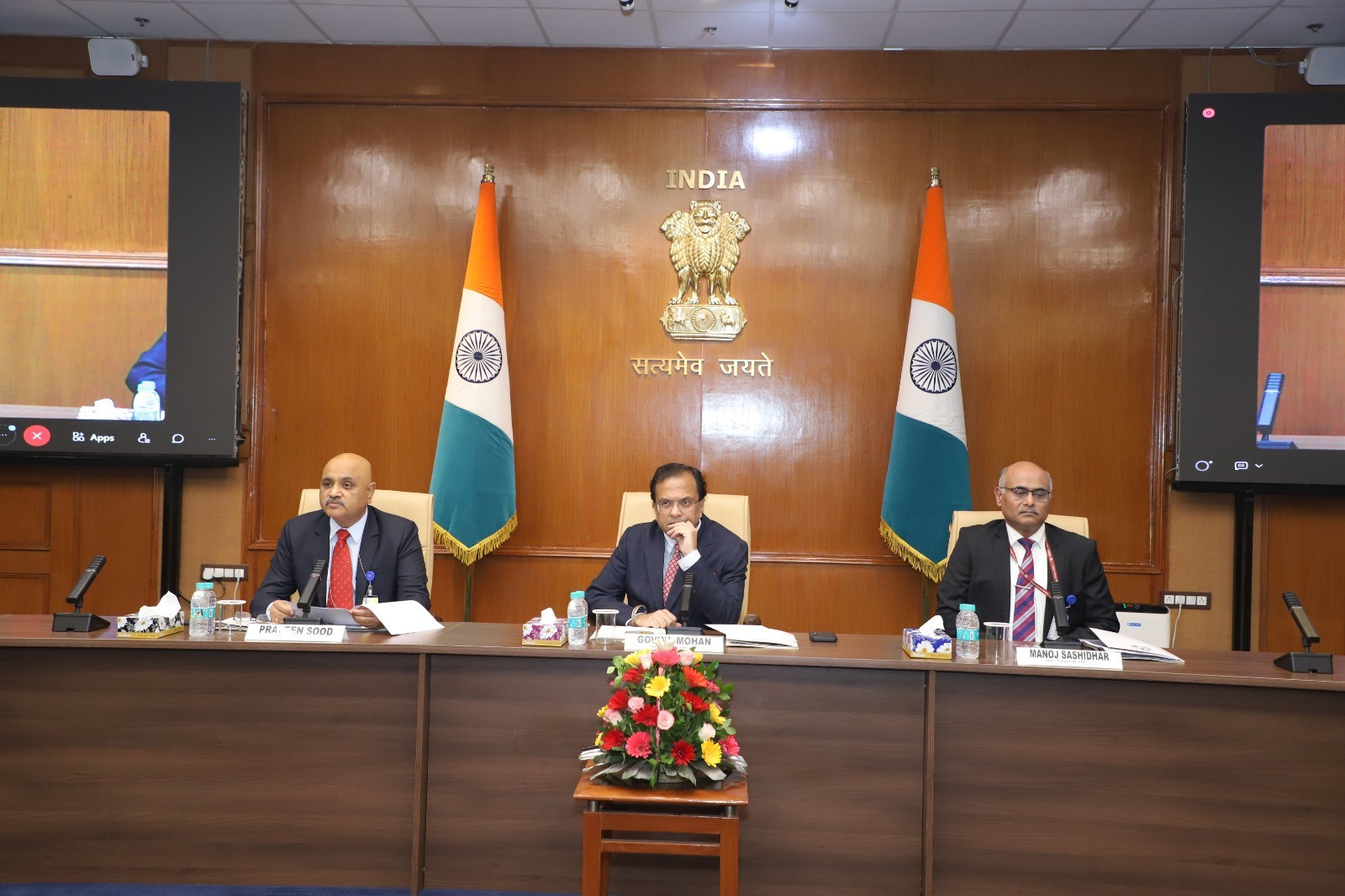
Let the Truth be known. If you read VB and like VB, please be a VB Supporter and Help us deliver the Truth to one and all.
Tumakuru (PTI): Karnataka Home Minister G Parameshwara on Saturday said his recent remarks on the demolition of properties linked to those involved in narcotics trade were "misunderstood and misinterpreted".
His clarification follows remarks made two days ago on the government's uncompromising crackdown on the drug menace, including action against properties linked to foreign nationals allegedly involved in drug trafficking.
"It is unfortunate. It is taken in the wrong sense. I didn't mean that tomorrow itself I am going to send bulldozers and demolish the houses. That was not my intention. It was wrongly taken," he told reporters here.
Responding to Congress MLC K Abdul Jabbar's question in the legislative council on the growing drug menace in Bengaluru, Davangere and coastal districts, the minister on Thursday detailed the extensive enforcement measures initiated since the Congress government assumed office.
Pointing to the involvement of some foreign nationals, the minister had said, "Many foreign students from African countries have come to Karnataka. They are into the drug business. We catch them and register cases against them, but they want the case to be registered because once the case is registered, we cannot deport them."
"We have gone to the extent of demolishing the rented building where they stay," he had said.

